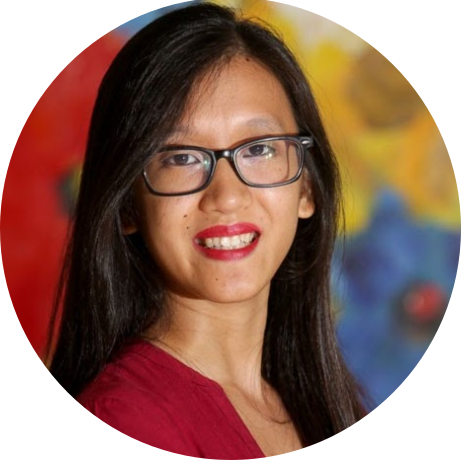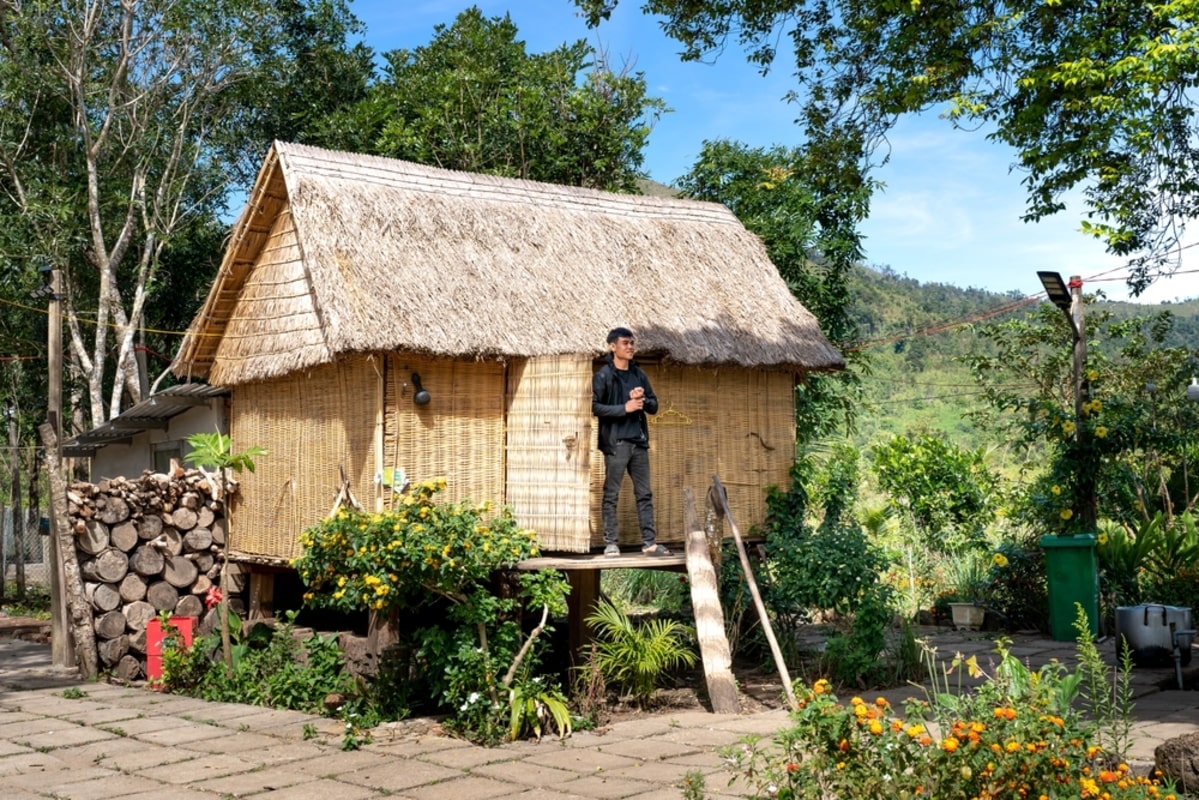I am not a doctor. I am a health journalist and editor-in-chief of CodeBlue, a health news website.
During the Covid-19 pandemic, CodeBlue produced countless reports about the on-the-ground situation, especially at the height of the epidemics in Sabah and later, the Klang Valley.
Although I personally did not see body bags lining hospital corridors – which some are bizarrely doubting now – I remember the anguish and desperation of numerous health care workers that my team and I interviewed, as they battled a relentless virus in an epidemic that brought Malaysia’s health care system to the brink of collapse.
I do not have to see, with my own eyes, to know that what the health care workers were telling me was real.
It’s an insult to health care workers – especially those who gave their lives to save others, literally fulfilling a doctor’s highest calling – to accuse them of lying.
Yet, some Malaysians seem to think that Covid-19 – a pandemic that swept the entire planet – was a hoax.
Despite a massively successful Covid-19 vaccination programme that saved millions of Malaysians, anti-vax sentiment appears to have exploded here, as well as in other countries, after the acute phase of the pandemic.
The reason why you can even read this article is because the Covid-19 vaccine very likely saved you.
What is more worrying is that current anti-vax sentiment targets not only Covid-19 vaccines, but all other vaccines, including childhood vaccines that our parents routinely gave us when we were young to prevent vaccine-preventable disease.
As per Health Minister Dzulkefly Ahmad’s remarks, vaccines have worked for more than two centuries, ever since Edward Jenner created the world’s first successful vaccine in 1796 – the smallpox vaccine – that eventually led to the eradication of smallpox in 1980, the only infectious disease to achieve this distinction.
Vaccines are safe and effective. They are not “alien” substances injected into our body; instead, vaccination uses a natural approach by training our immune system to fight infection so that we don’t fall seriously sick or die when we get infected by a virus or bacteria.
How do I know this? Because I trust scientists but, more importantly, I’m still alive today and I didn’t die from a childhood infectious disease like measles, whooping cough, or diphtheria when I was very young.
If heart patients are willing to go under general anaesthesia in an invasive triple bypass surgery – where their chest is cut open and they’re connected to a machine that takes over their heart and lung functions, all while they’re unconscious – then what is so scary about getting a quick vaccine jab in the arm?
Before cardiothoracic surgeons take offence, we must appreciate the difference between life-saving surgery and vaccination that prevents disease: with the former, the situation is acute and necessitates immediate intervention, but with the latter, vaccination is needed to avert a potentially terrible outcome that has not yet occurred.
In other words, success in public health is when nothing happens.
I understand people’s frustrations and apparent mistrust of scientists, medical doctors, and government leaders that boiled to the surface after the acute phase of the Covid pandemic.
But we should keep in mind that any vaccine, like any medicine, vitamin, or supplement, can cause side effects. “However, a decision not to immunise a child also involves risk and could put the child and others who come into contact with him or her at risk of contracting a potentially deadly disease,” says the United States’ Centers for Disease Control and Prevention.
Singapore is currently undergoing a fresh Covid wave, after a near doubling of cases week-on-week. The KP.1 and KP.2 strains, descendants of the JN.1 variant, currently account for over two-thirds of cases in Singapore. Malaysia’s MOH is closely monitoring the epidemic trajectory in the neighbouring republic.
I admit that doctors’ arrogance was at its peak during the pandemic. It is understandable why the general public got confused by frequently changing and contradictory Covid communications from local and global health authorities.
The sense of injustice was justified – and real – when Malaysians were punished severely for perceived infractions of Covid rules, even as everyone, including scientists who were supposed to “know everything”, were struggling to understand a novel pathogen.
However, we also need to appreciate the advances of public health and infectious disease control, when decades or centuries ago, it would have taken years to understand the science behind a mysterious outbreak or months for findings to be reported in a medical journal for health care professionals to read.
But today, the internet enables the sharing of real-time data, information, and reports among a global community of public health experts on new infectious disease outbreaks, like how ProMED, a low-tech list and site, crowdsourced the arrival of Covid-19 and SARS.
We cannot allow our current mistrust of the medical and scientific profession to infect conventional wisdom on vaccines in general.
Should we stop flying just because plane crashes occur? Should we stop driving just because 18 people die every day in Malaysia from road traffic accidents? Should we stop using public roads just because large trees may fall at any time?
Just because scientists and public health officials may have made wrong decisions in their management of the Covid pandemic (yes, some wrong decisions were made), this doesn’t mean that everything they said in the past was wrong.
In Malaysia, medicine is treated like a fixed field, like mathematics where 1+1=2, even though science is constantly evolving and debates in the fraternity are common.
It is fine (and even encouraging) that people are starting to question public policies in health – because it just means that scientists need to explain their findings to the general public, beyond justifying them in scientific journals.
Decisions that affect our personal lives should not be made in an authoritarian manner behind closed doors by elitist doctors in the corridors of power.
However, democracy also means finding a balance between exercising our personal liberties and our responsibility to the community we live in.
Vaccines, especially childhood vaccines, aren’t meant to protect only our own children, but also other parents’ children in our communities. That’s what herd immunity is all about.
As a libertarian, I am a firm believer in personal liberty. CodeBlue previously highlighted the Human Rights Commission of Malaysia’s (Suhakam) report that revealed a slew of human rights violations from Covid lockdowns in the country.
Personal liberty, however, does not mean that we have the right to endanger other people’s lives by refusing vaccination for ourselves or our children.
Viruses do not care about your personal beliefs or political ideology.
If you live in a self-contained community of anti-vaxxers in a commune – where you grow your own food, you do homeschooling, you practise “traditional medicine”, and you have zero contact with the outside world – by all means, don’t vaccinate your child.
But if you live in a regular town or village, then just take the shot. Don’t be selfish.

Boo Su-Lyn is the co-founder and editor-in-chief of CodeBlue.








